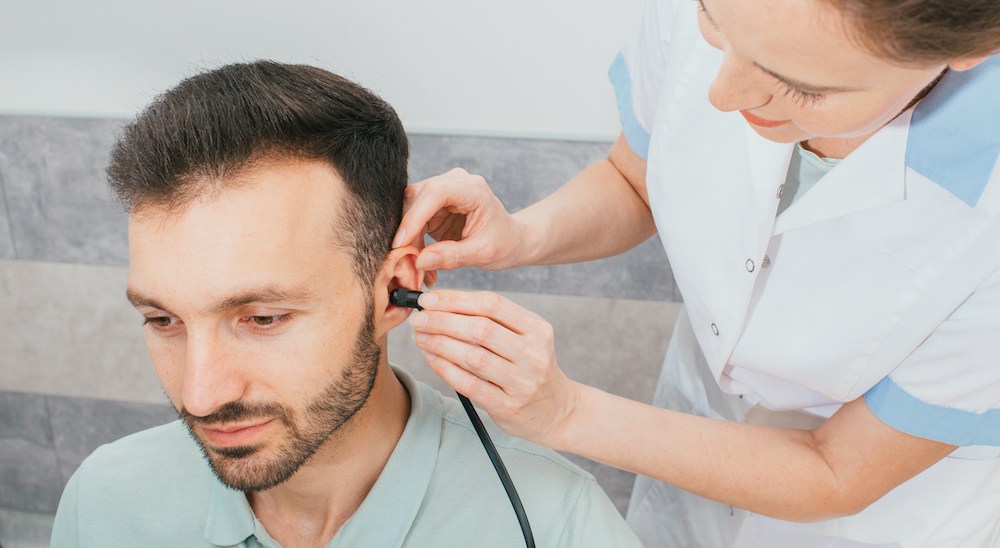Understanding Your Hearing Test Chart and Results
You sit down with your audiologist after your hearing test, and they slide


You sit down with your audiologist after your hearing test, and they slide

Hearing loss is more than just a change in how you hear sounds. It often

Most people don’t think much about their hearing health until they